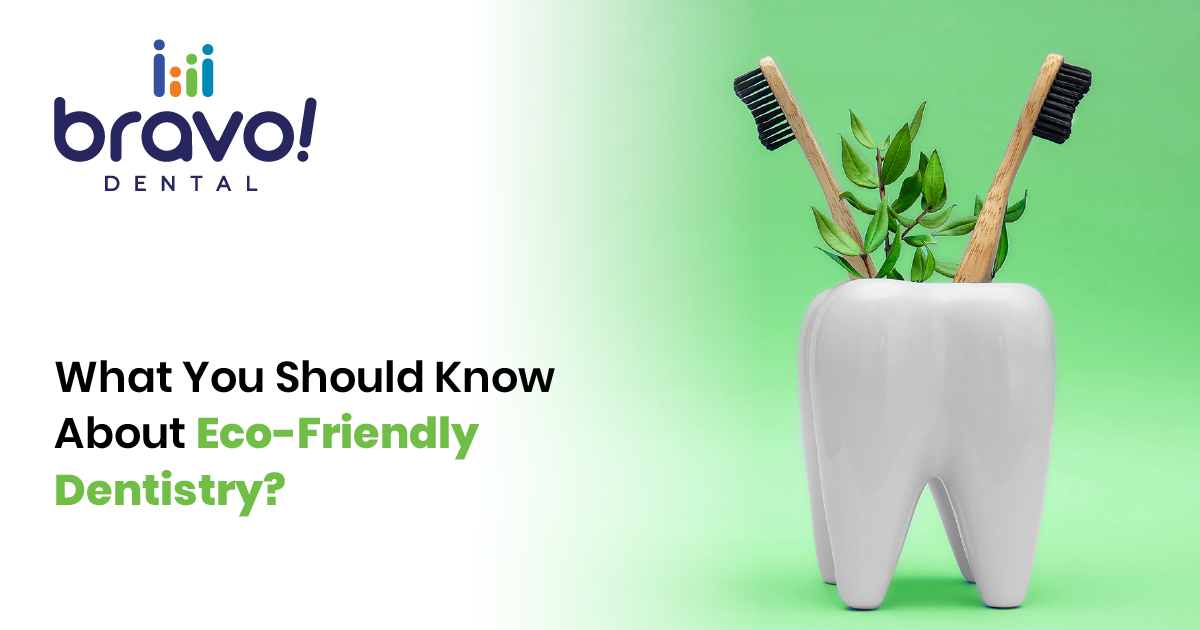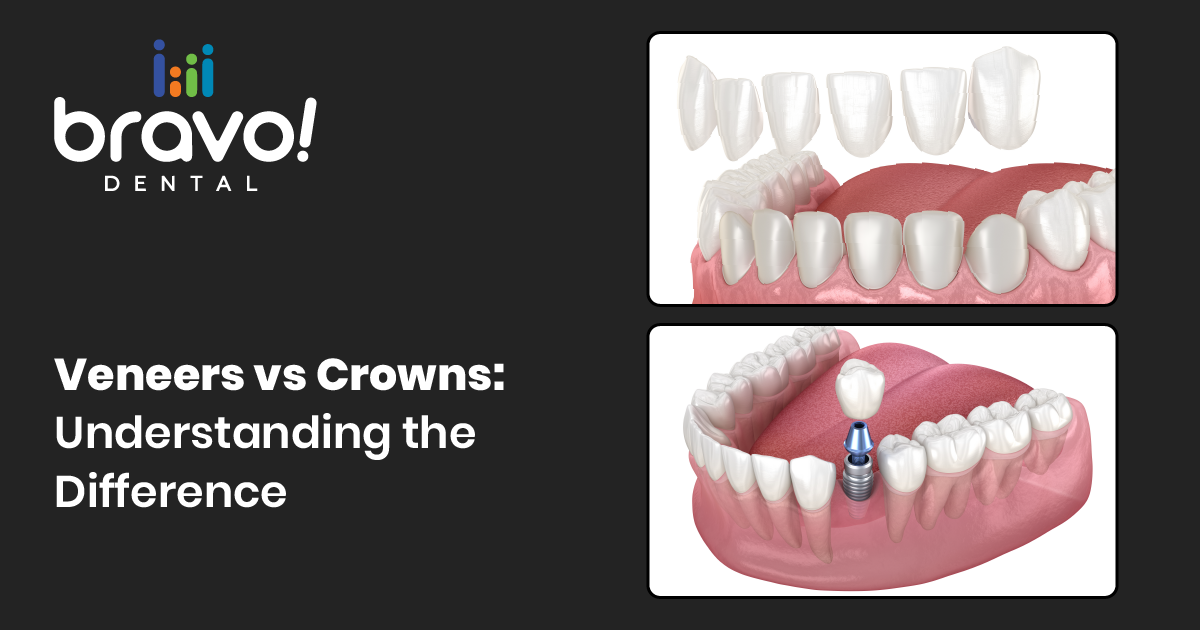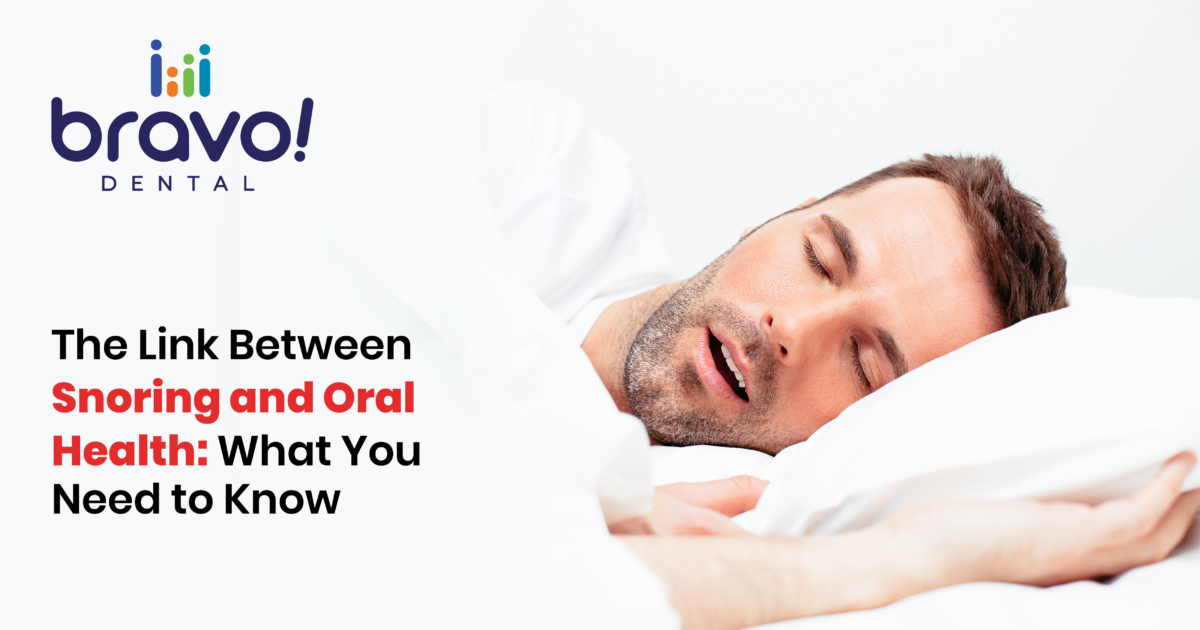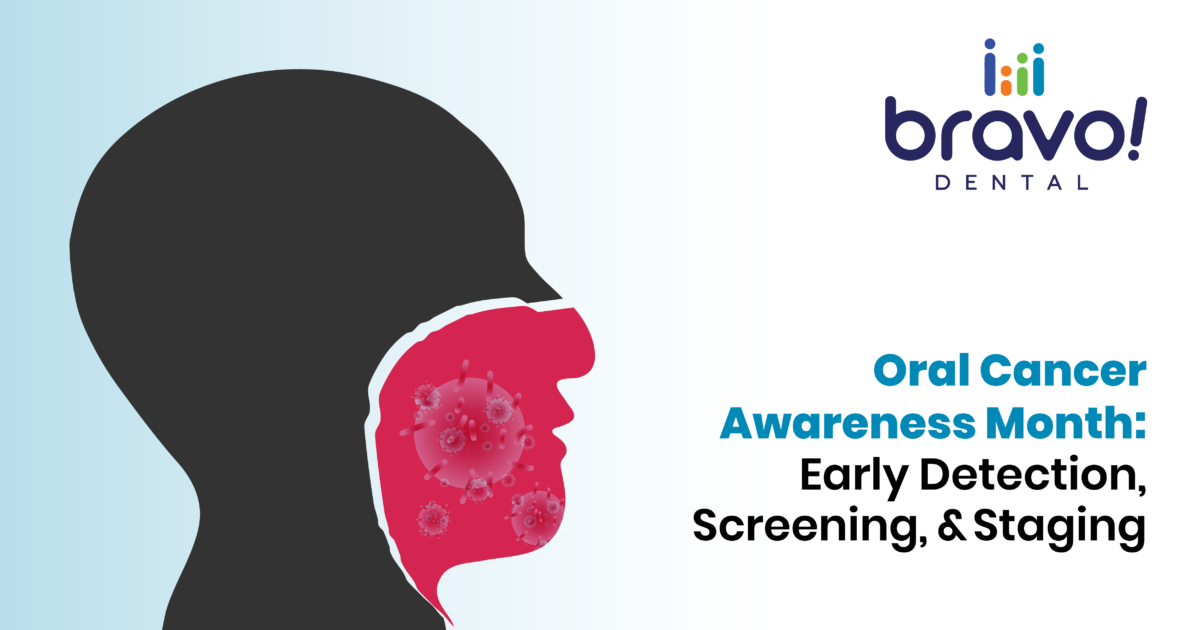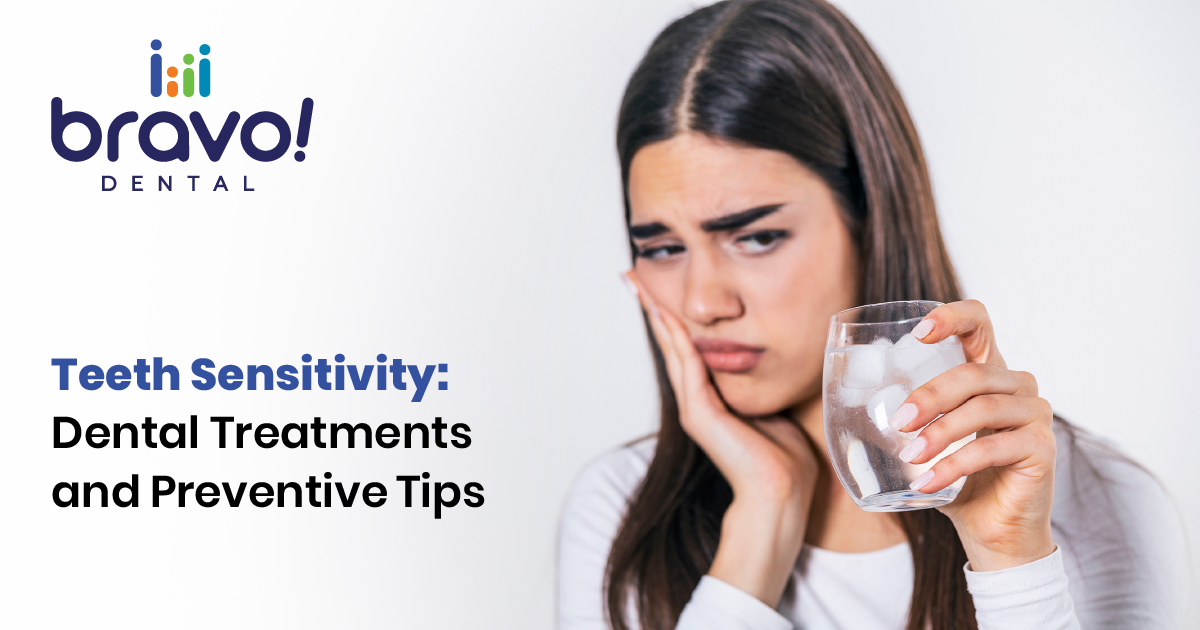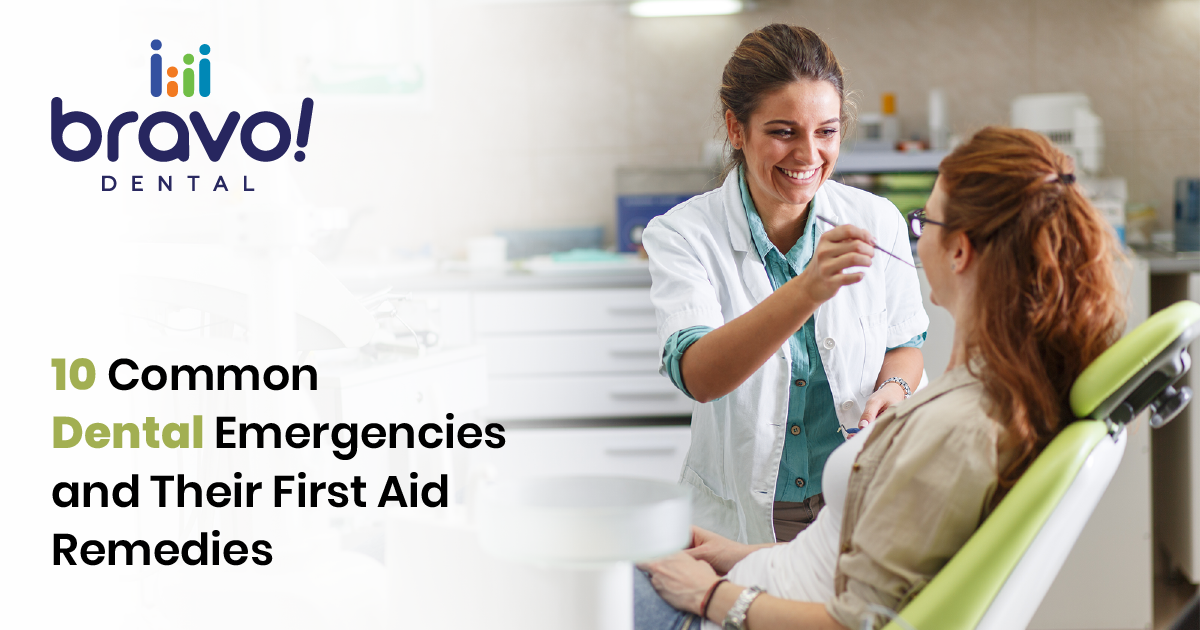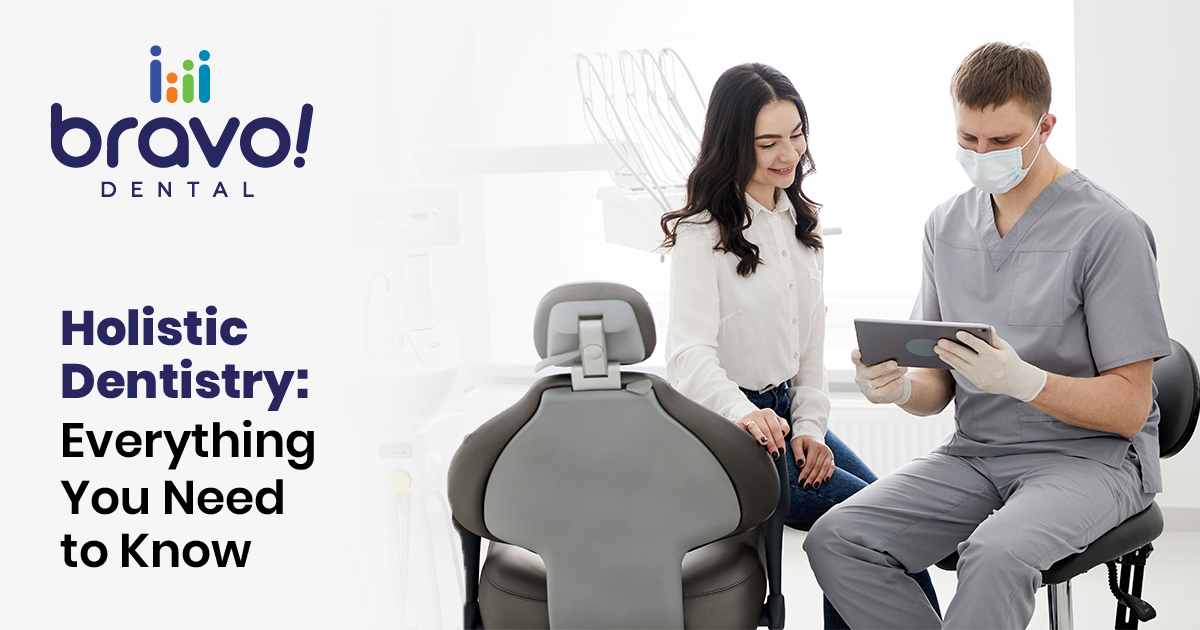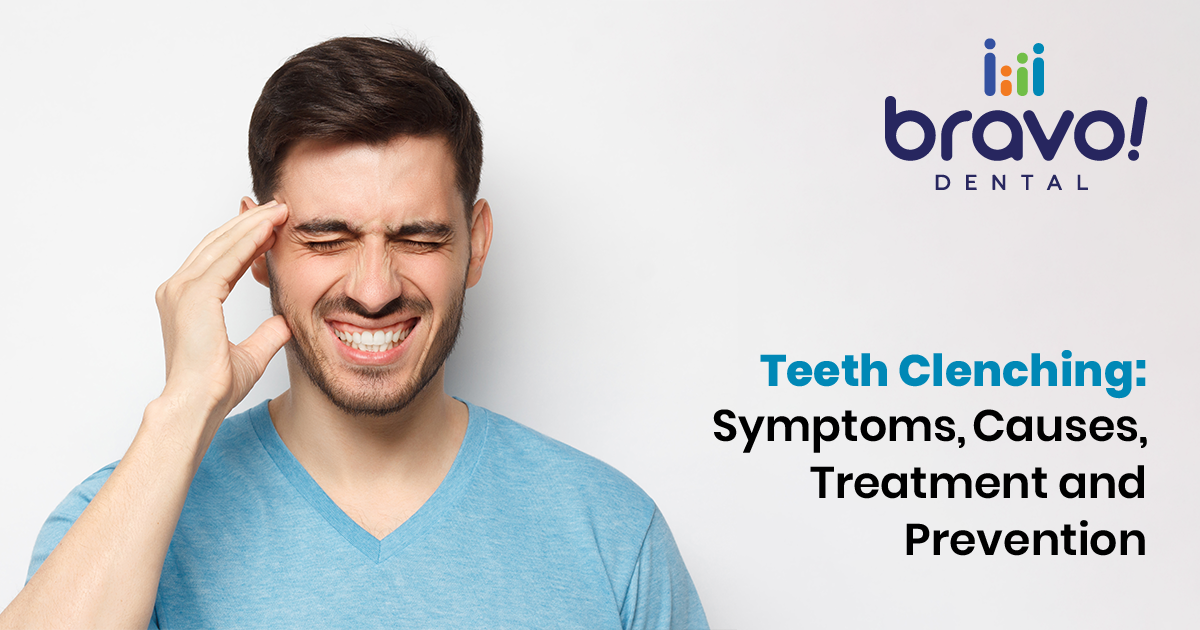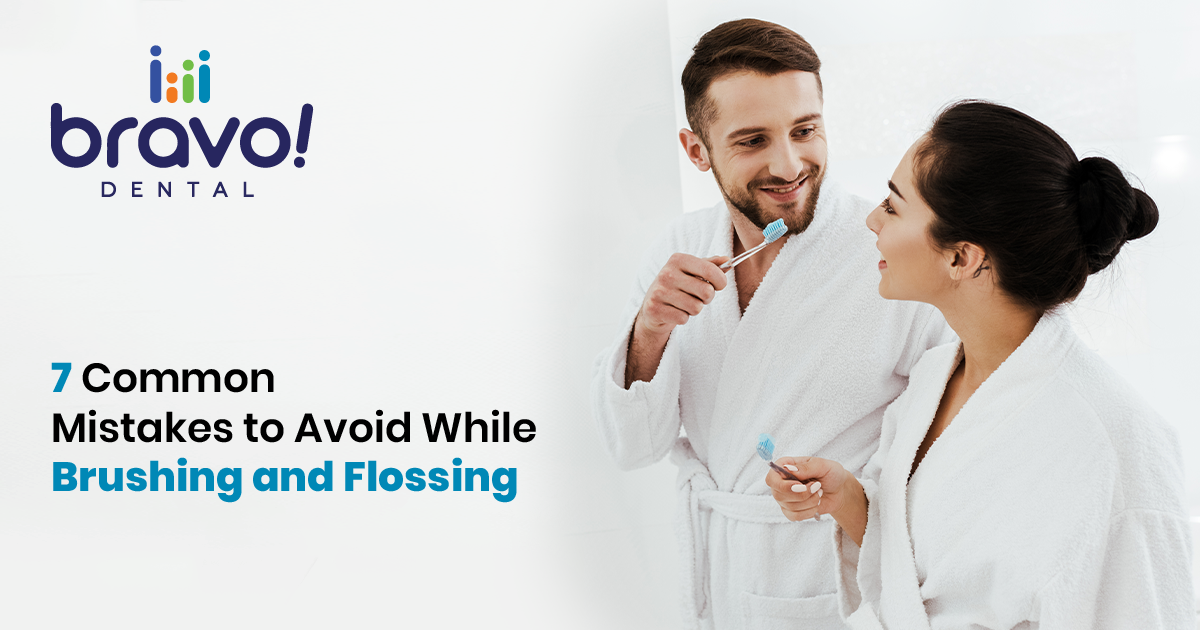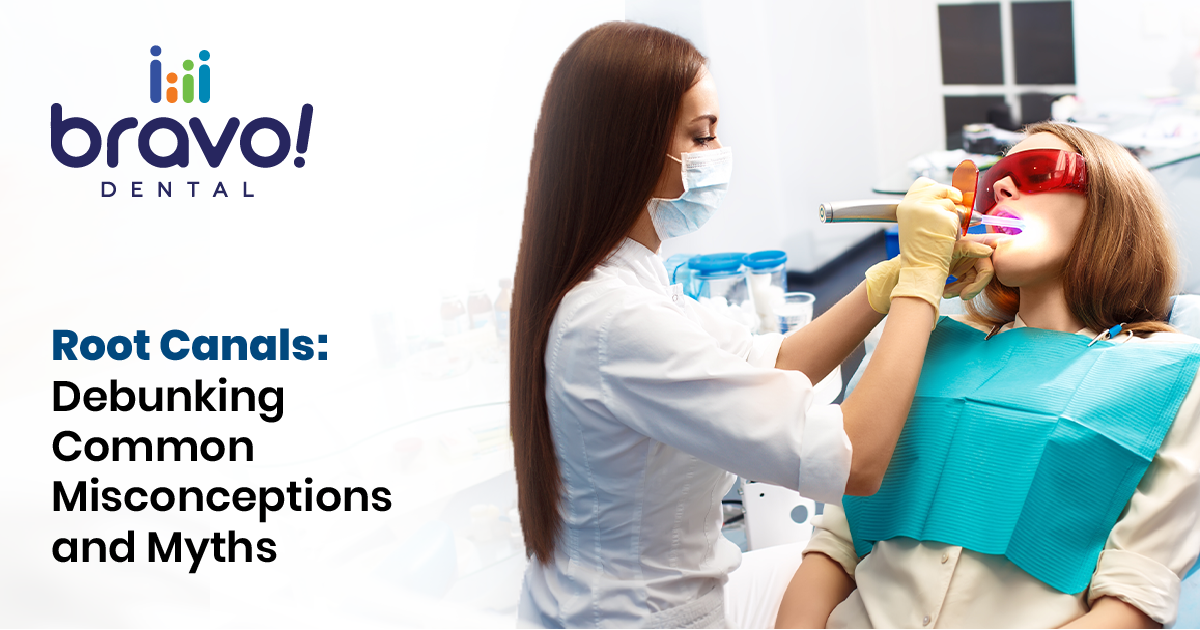Going green isn’t a fad; it’s essential. People are embracing eco-friendly practices (waste reduction, energy conservation) in every field. Studies say 56.9% of patients believe that lack of information regarding green dentistry is the most prominent limiting factor while pursuing green dentistry.
What is Eco-Friendly Dentistry?
Eco-friendly dentistry prioritizes sustainable practices throughout dental care. This approach focuses on minimizing environmental impact by utilizing eco-conscious materials and products, reducing waste generation, and conserving resources such as energy and water.
Why Is Eco-Friendly Dentistry Important?
1. Prioritizing Sustainable Dental Practices
When choosing a dental provider, choose one committed to sustainability. Look for practices that promote environmental initiatives, such as using eco-friendly materials, energy-efficient technologies, and recycling programs.
2. Mindful Resource Conservation
Being conscious of resource consumption during dental visits can make a substantial difference. Simple actions like turning off the tap while brushing or waiting for the dentist and using disposable items such as paper cups and tissues sparingly, contribute to minimizing waste. These small changes collectively lead to significant resource conservation.
3. Understanding Dental Materials
Understanding the environmental impact of dental materials empowers patients to make informed choices. When discussing treatment options with your dentist, inquire about the materials’ sustainability, recyclability, and biodegradability. Aiming for environmentally friendly alternatives, like composite resin fillings over traditional amalgam, supports a healthier planet.
4. Embracing Digital Dentistry
Digital dentistry, characterized by advanced technologies such as digital X-rays, CBCT (Cone-Beam Computed Tomography), and CAD/CAM (Computer-Aided Design and Computer-Aided Manufacturing) systems, reduces reliance on traditional, resource-intensive methods. Choose dental practices like Bravo! Dental that uses digital solutions that benefit both patients and the environment.
5. Responsible Dental Waste Disposal
Proper disposal of dental waste is crucial for minimizing environmental impact. Support dental offices that adhere to strict waste management protocols, ensuring safe segregation and disposal of different waste types, including used needles and chemicals. By backing responsible waste practices, you contribute to a cleaner environment.
6. Promoting Oral Health Education
Education plays a pivotal role in eco-friendly dentistry. By promoting good oral hygiene practices, such as regular brushing, flossing, and preventive dental visits, individuals can reduce the need for extensive treatments, thereby lessening their environmental footprint. Encouraging oral health education within communities fosters a culture of sustainability from a grassroot level.
7. Spreading Awareness
Sharing knowledge and experiences about sustainable dentistry is essential for driving change. Use various platforms, including social media and community groups, or share this blog to raise awareness about the importance of eco-friendly dental practices. Engage in discussions and encourage others to spread awareness of eco-friendly dentistry for a greener approach to oral healthcare.
Conclusion
Eco-friendly dentistry embodies a holistic approach to oral healthcare that prioritizes environmental sustainability alongside clinical excellence. Bravo! Dental contributes to a greener future while preserving smiles and the planet. Interested in learning more about eco-friendly dentistry or looking for eco-friendly dental care? Contact us today – 1-888-682-7286.
